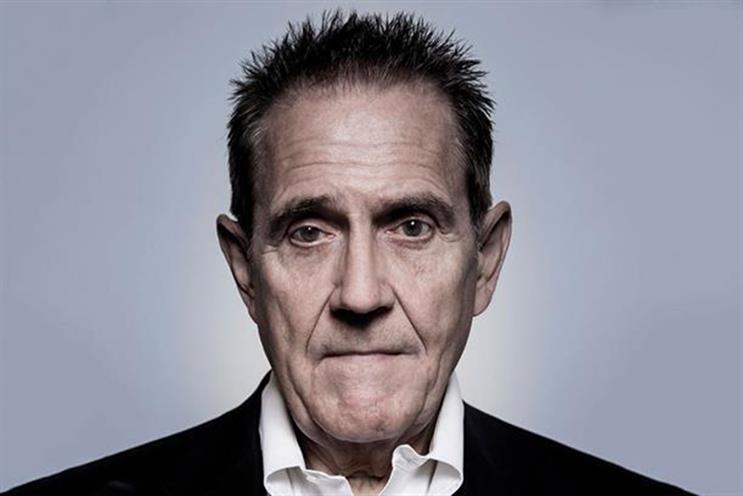Jack Ma is worth $38.6bn – he’s one of the richest men on earth and co-founder of Alibaba Group, the multinational technology conglomerate.
But now he’s leaving Alibaba to concentrate on educational charity work.
Why does Jack Ma feel education is so important?
He says: "We cannot keep teaching our kids to compete with machines: in 30 years, they will be in trouble because a machine is smarter. We have to teach them something unique, that a machine can never catch up with. In this way, in 30 years, our kids will have a chance."
This is a very interesting perspective on AI.
It’s borne out by the work of Hans Moravec (adjunct faculty member at the Robotics Institute of Carnegie Mellon University), Rodney Brooks (professor of robotics at MIT) and Marvin Minsky (co-founder of MIT’s AI laboratory).
Their work resulted in "Moravec’s paradox".
The discovery that high-level reasoning requires very little computation but low-level sensorimotor skills require enormous computational resources.
In other words, you can easily teach a computer to play chess better than a human being but it’s almost impossible to teach it the things a one-year-old has learned automatically.
Moravec theorises that this is because the "simple" things have been evolving for more than one billion years, whereas the reasoning skills are less than 100,000 years old.
So it’s easier to reverse-engineer the more recently learned skills.
Recently learned skills would include: mathematics, engineering, complicated games, logic and scientific reasoning.
Skills that are millions of years old would be: judging people’s motivations, setting appropriate goals, paying attention to things that are interesting, anything to do with perception, attention, visualisation, motor skills and social skills.
The fact that certain skills are learned early in life and others are learned later makes the later ones appear more intelligent and therefore appear more difficult to learn.
This is what convinced AI researchers they would soon replace human intelligence.
After all, they’d taught machines to use logic, solve algebra and geometry problems, and play chess.
These things are difficult for people and are considered a sign of intelligence.
Researchers thought that, having solved the "hard" problems, the "easy" ones – like intuitive vision and common-sense reasoning – would soon fall into place.
They were wrong because those problems are, in fact, much more difficult.
Which is why cognitive scientist Steven Pinker says: "The hard things are easy, but the easy things
are hard."
He adds: "As the new generation of intelligent devices appears, it will be the stock analysts, petrochemical engineers and parole board members who are in danger of being replaced by machines. Gardeners, receptionists and cooks will be secure in their jobs for decades to come."
That’s why Jack Ma thinks we should teach our children: "Independent thinking, the soft parts, music, painting, the arts – everything we teach should be different from machines. If a machine can do it better, what’s the point?"
But valuing our innate creative ability is a difficult concept for us to grasp.
As Einstein said: "The intuitive mind is a sacred gift and the rational mind is a faithful servant. We have created a society that honours the servant and has forgotten the gift."
Many years ago, Carl Ally wrote a campaign for IBM.
Apple didn’t exist at that time, and IBM represented the terrifying vision of computers that were going to take over the world.
Carl Ally repositioned computers with a line that answers Moravec’s paradox: "Machines should work. People should think."
Dave Trott is the author of Creative Mischief, Predatory Thinking and One Plus One Equals Three.


